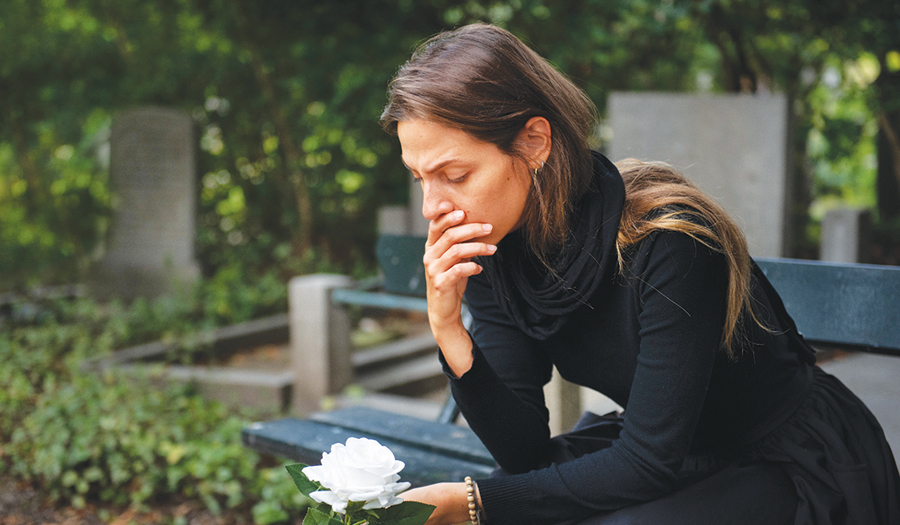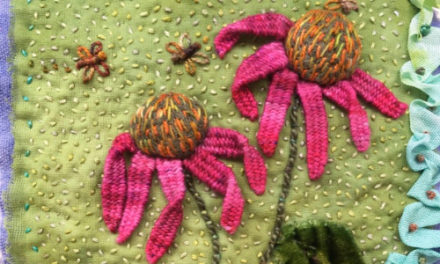Newton, NC – The holiday season is a time of warmth, joy, and togetherness with those we love. Oftentimes, however, we forget that grief and loss can have a profound impact on how we navigate holiday traditions. Grief may be even more intense for those walking through their first holiday after a loss or for those who spend the season providing care for a loved one. Anticipatory grief, a common experience for caregivers, can create its own levels of heightened emotional strain.
How does one address their grief and find a path to healing during the busy holiday season? Here are a few practical strategies for coping during this difficult time:
Set Realistic Expectations—Acknowledge that this year may look different, and that it’s okay to adjust holiday traditions to fit your emotional needs.
Create New Traditions While Honoring Memories—Light a special candle, create a memory box, or share stories of your loved one to keep their memory alive.
Seek Support—Talk with trusted friends, family, or grief counselors, as it’s important to have a support system you can lean on.
Allow Yourself to Feel—It’s okay to experience joy and sadness simultaneously, and you can honor your emotions without judgment.
Be Present with Your Loved One in Hospice Care—Quality time can be more meaningful than the quantity of time. Share simple moments together and decorate their space with familiar items to create a space of peace and comfort.
Finally, don’t hesitate to accept offers of support. Engaging with others and fostering a strong community of supporters can be especially helpful on your journey through grief.
Annette Walker, Director of Grief Support Services at Carolina Caring, expresses the notion that grief is not a checklist—rather, it is a dynamic and ever-evolving process that influences and is influenced by the way we interact with the world.
“We’re trying to guide people away from the checklist concept of grief and validate the circular patterns of it,” says Walker. “We focus on how grief impacts you spiritually, socially, physically, cognitively, and emotionally. Grief really can impact all the different areas of your life.”
“A lot of times, people don’t know that their body is going to respond to grief like that,” Walker concludes.
Remember that there is no right or wrong way to handle grief. What matters most is finding approaches that work for you and your family. Give yourself permission to feel whatever emotions arise, find moments of joy without guilt, take each day as it comes, and—whenever needed—seek the support and companionship of those around you.
Carolina Caring’s grief support services are available at no cost to families of hospice patients and to the broader community. For more information, call 828.466.0466 or email wspurling@carolinacaring.org. For access to resources, visit carolinacaring.org/grief-and-healing/.










